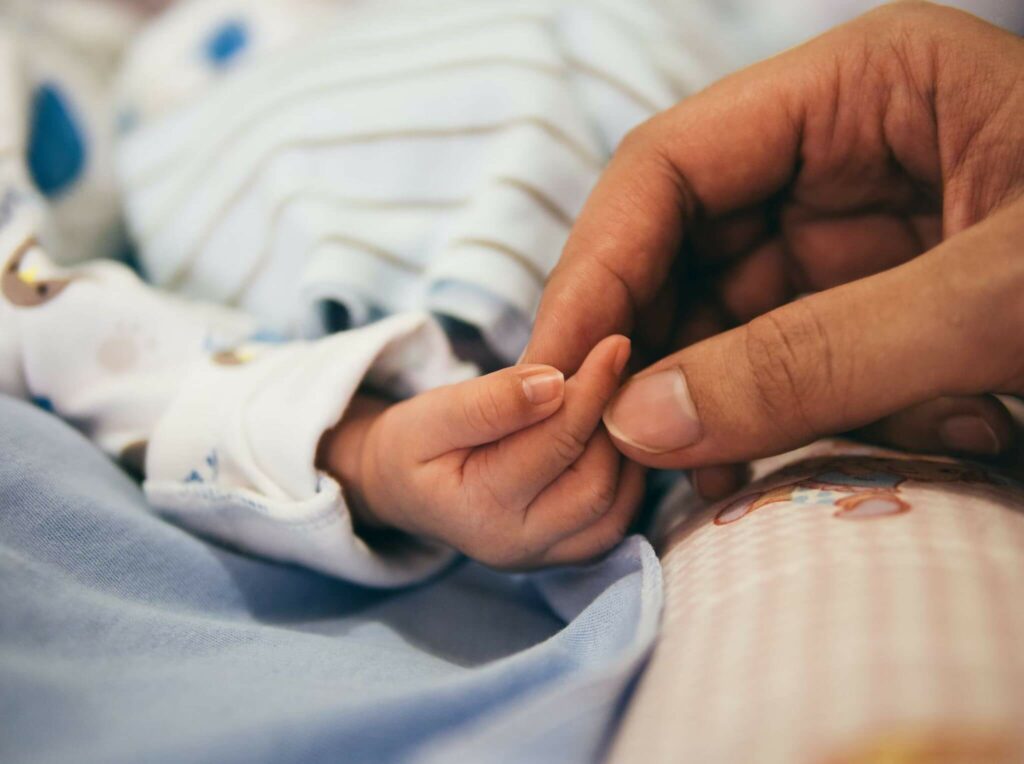While the pandemic has certainly complicated things for expectant parents, new data suggests that maternal immunisation during pregnancy likely to provide protection to infants.
A case-controlled study published by U.S. Centers for Disease Control and Prevention (CDC) indicates that infants of mothers who received two mRNA vaccine doses during pregnancy were 61 per cent less likely to be hospitalised, particularly in the high-risk first six months of life.
It is understood that when people are immunised during pregnancy, their bodies produce disease-fighting antibodies against the spike protein. Such antibodies can be detected in umbilical cord blood, seemingly transferring from mother to baby in utero.

When is most beneficial to receive COVID-19 vaccination while pregnant?
Further findings from the CDC study report that “protection was higher among infants whose mothers were vaccinated later in pregnancy.” Higher levels of antibody protection are applicable closer to when you deliver. However, if a vaccine dose is received earlier on in pregnancy, not to worry – the protection is still highly beneficial.
In fact, a separate research investigation published in the journal Obstetrics & Gynecology found that “material anti-spike lgG levels were detectable at delivery regardless of timing of vaccination throughout pregnancy.” However, in tandem with previous data, “early third-trimester vaccination was associated with the highest anti-spike lgG levels in maternal and umbilical cord blood.”
Despite assurance earlier in the pandemic that transmission of the coronavirus to young children was not a concern, up-to-date data from the federal Department of Health reveals that infants are not at all immune to the virus.
Currently, according to NSW Health, “of children aged 5 to 11, 45.8 per cent have received a first dose of a COVID-19 vaccine.” Parents have rapidly made up the difference in the vaccination rate between children and older people since the Pfizer vaccine was made available to this age group in early December.
In light of this, if the message hasn’t been clearer, reluctant parents and parents-to-be should definitely opt for vaccination.
Follow Christian on Twitter for more news updates.
Feature image courtesy of @freestocks and article image courtesy of @adroman, both via Unsplash.